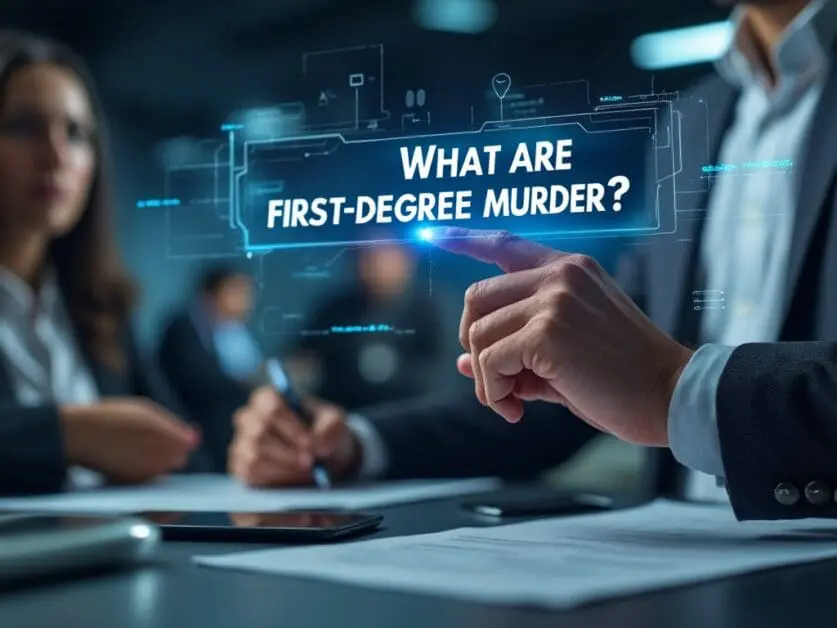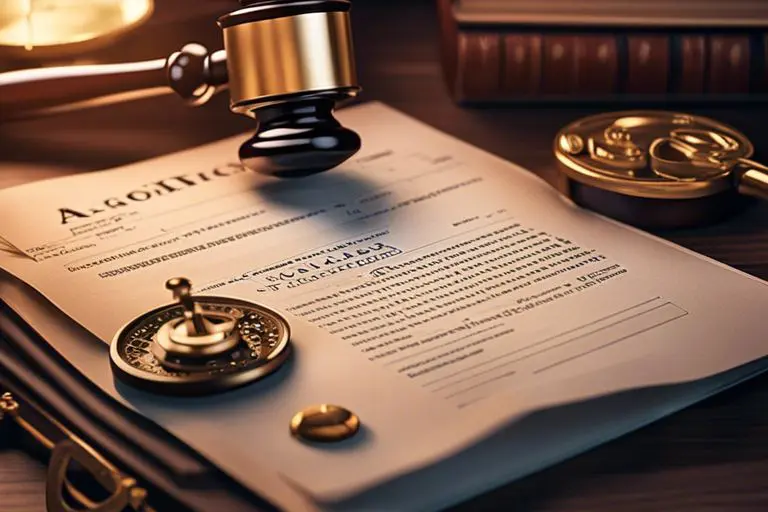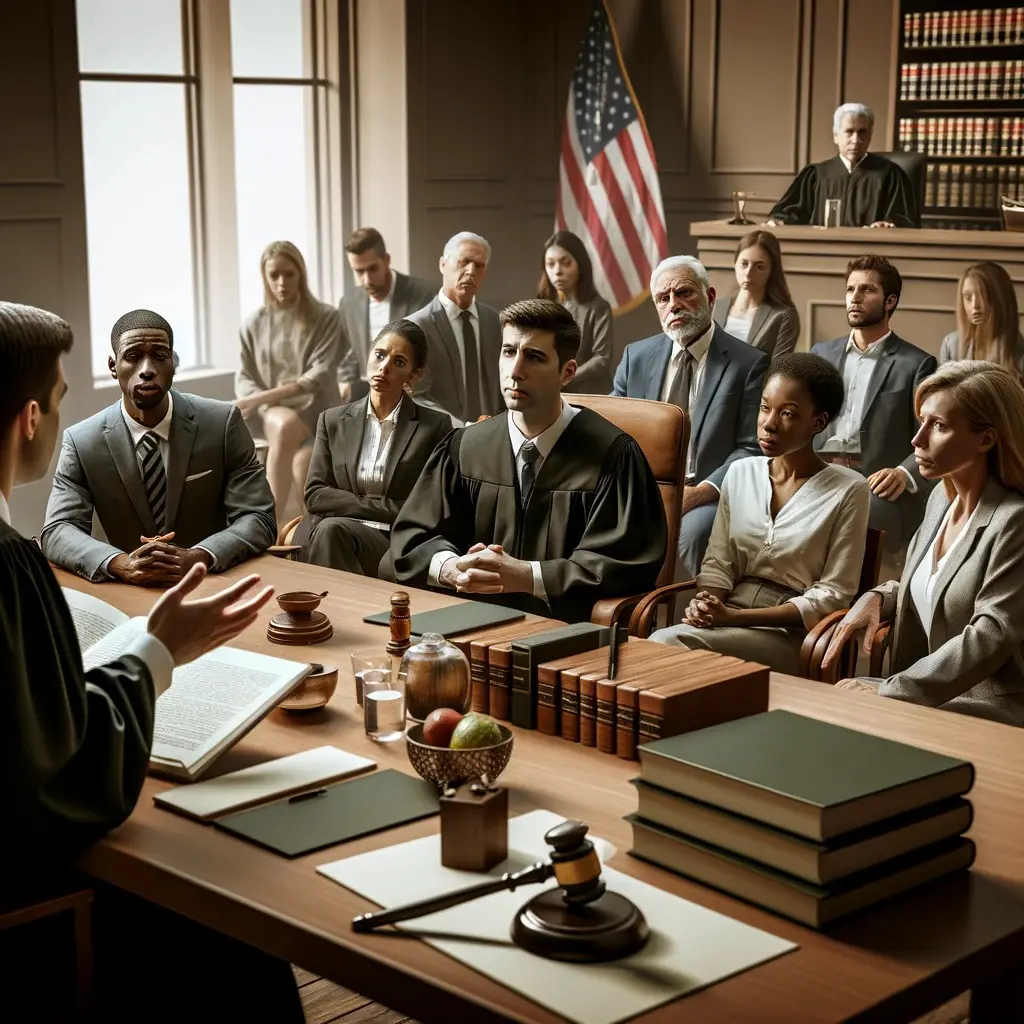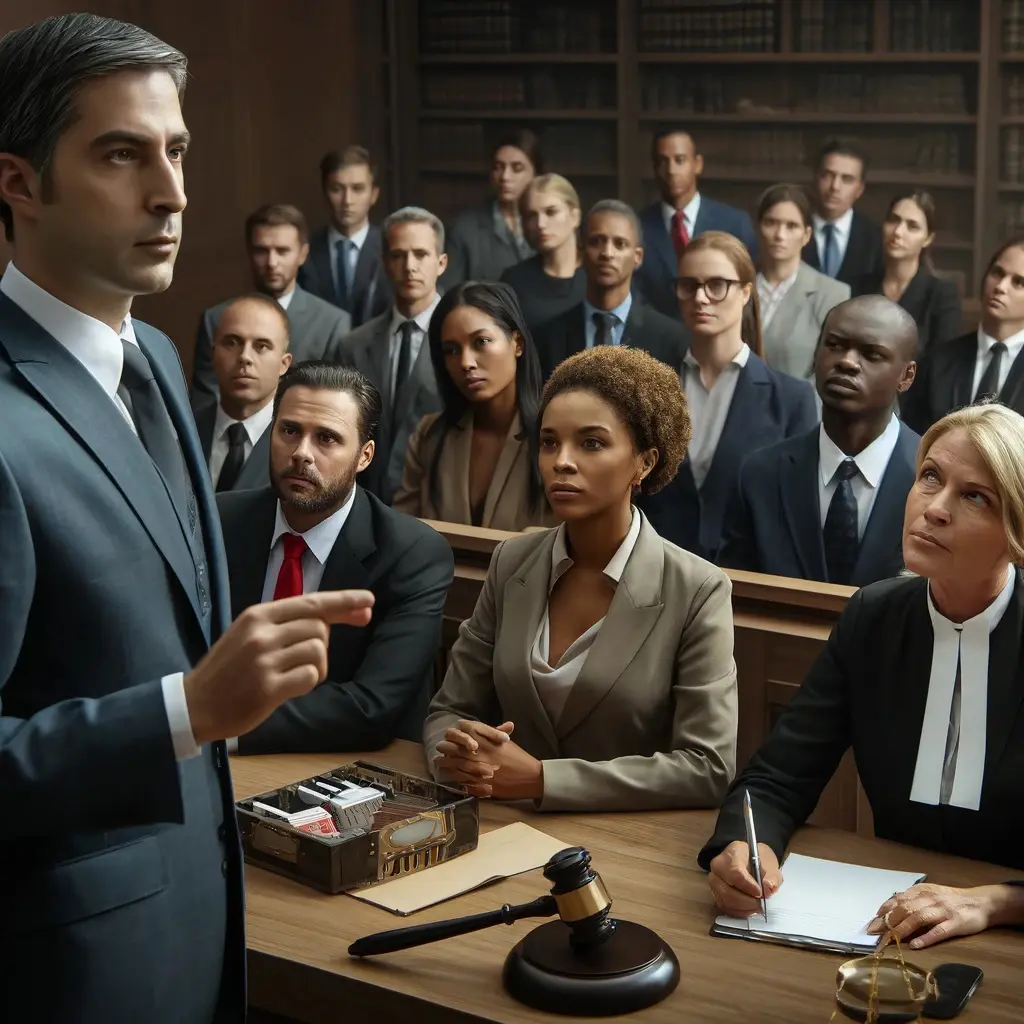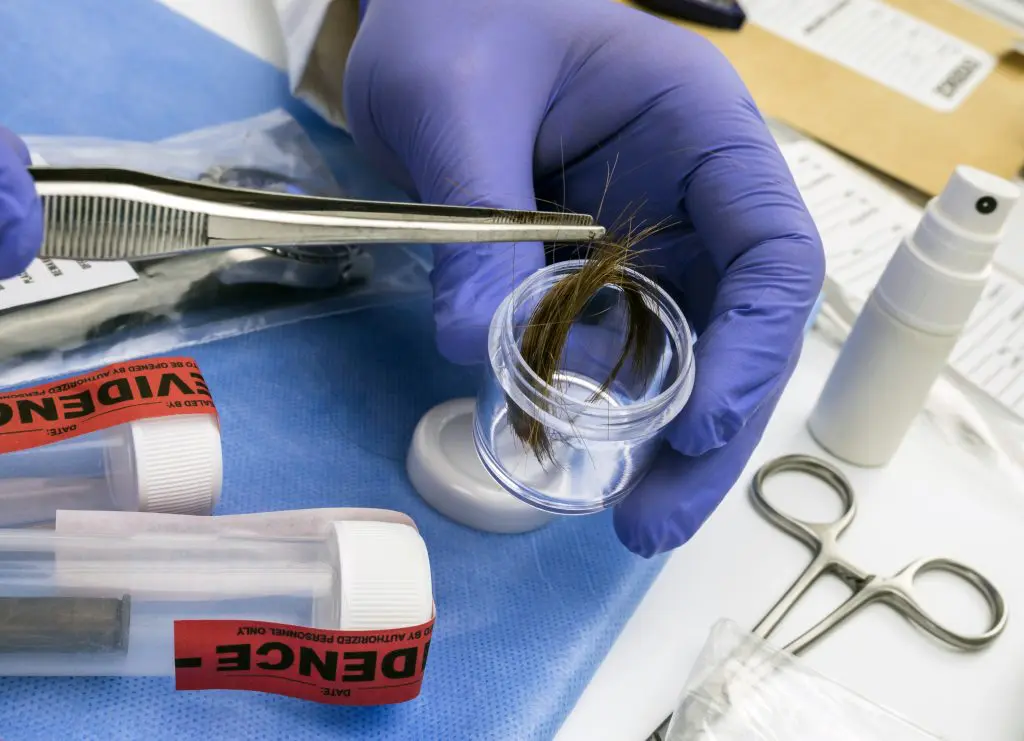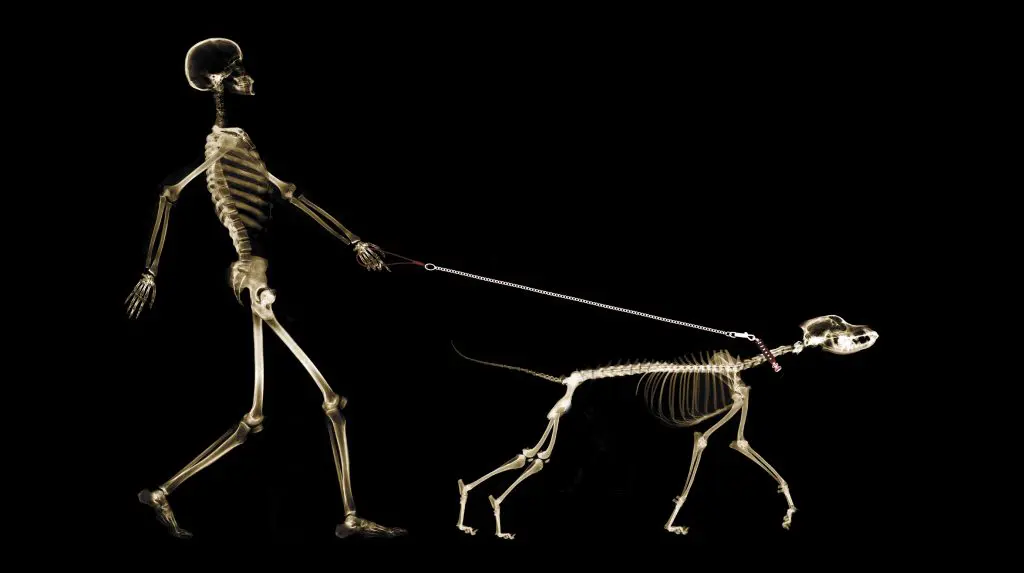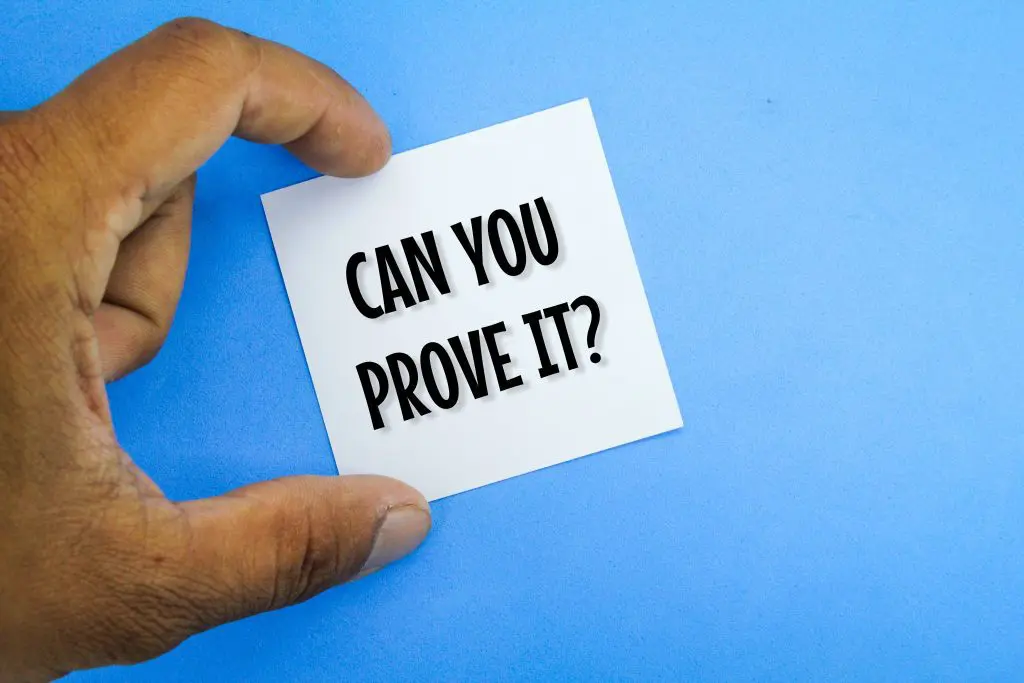Manslaughter
Expert Legal Approaches to Manslaughter Cases: Strategies and Law
Manslaughter, a significant charge in criminal law, involves the unlawful killing of another person without premeditation. This article provides a thorough analysis of legal strategies in manslaughter cases, offering insights into both the defense and prosecution aspects of these serious charges.
The legal distinction between manslaughter and other forms of homicide lies in the absence of premeditation or malice aforethought. Manslaughter is often categorized into voluntary and involuntary, with each carrying different legal connotations and consequences. Legal professionals dealing with manslaughter cases must have a deep understanding of these distinctions and the specific statutes relevant to each.
Defense strategies in manslaughter cases often hinge on demonstrating the lack of intent to kill or cause serious harm. In cases of voluntary manslaughter, defense attorneys may argue provocation or a heat of passion scenario, suggesting that the defendant’s actions, while illegal, were a response to a significant provocation. Involuntary manslaughter cases may involve arguments around accidental occurrences or lack of negligence, indicating that the death was a tragic but unforeseeable consequence of the defendant’s actions.
For individuals accused of manslaughter, legal advice and representation are crucial. Legal consultations typically involve discussing the specifics of the case, potential defenses, and the implications of a conviction. These convictions can carry severe penalties, including lengthy prison sentences, making effective legal representation essential.
Prosecutors in manslaughter cases focus on proving the defendant’s culpability, often emphasizing negligence or recklessness. In voluntary manslaughter cases, the prosecution may work to refute claims of provocation, while in involuntary cases, they might demonstrate a disregard for life or safety standards by the defendant.
The article also discusses the emotional and societal impacts of manslaughter cases. Legal professionals must navigate these cases with an understanding of the psychological effects on all parties involved, including the victim’s family and the broader community.
In conclusion, manslaughter cases demand a comprehensive legal approach, encompassing thorough knowledge of criminal law, strategic case handling, and an understanding of the broader societal implications. Whether working on the defense or prosecution, legal professionals play a crucial role in ensuring that justice is served in these complex cases.
Home » Videos » Criminal Law » Manslaughter
First-degree murder is considered the most serious form of homicide in the criminal justice system. It...
Understanding Wrongful Death Lawsuits Wrongful death lawsuits are legal actions taken by the survivors of an...
Autopsy is a crucial procedure used to determine the cause of death. It involves a thorough...
Manslaughter is considered one of the most serious charges in the criminal justice system, distinguished from...
Homicide, the act of one human taking the life of another, ranges from justifiable acts of...
Second Of A Three-Part Series By John Riley. Originally printed in 2004 and reposted with permission...
By Mark Fulton – former Contributing Author to Crime, Justice and America magazine. Originally published in...
What the Jury Never Knew About Laci Peterson’s Murder and Why Scott Peterson Should Not Be...


